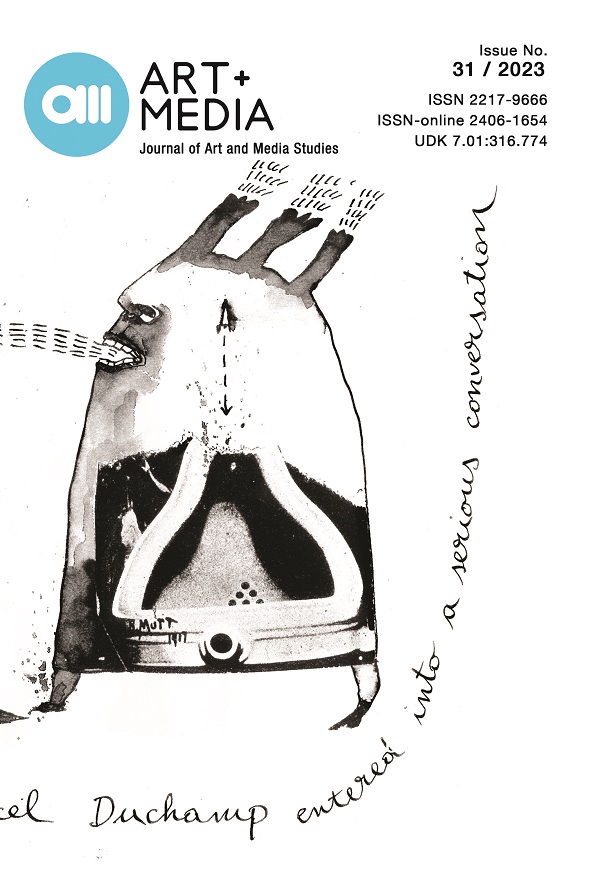Ravishing Transports
Ravishing Transports
Author(s): Paula MarsóSubject(s): Early Modern Philosophy, Contemporary Philosophy, Structuralism and Post-Structuralism
Published by: Fakultet za medije i komunikacije - Univerzitet Singidunum
Keywords: influence; stimulus; contamination; Genius; supplementarity; autobiography; J.-J. Rousseau; J. Derrida
Summary/Abstract: Influence is an important notion in Jean-Jacques Rousseau’s thinking. However, the event of influence is related to contamination, corruption, and alteration in Rousseau’s philosophicalsystem. At the very beginning, the first Discourse (1750) presents the critique of cultureand social taste. The author points out the damaging influence of ‘public opinion’, ‘riches’,and ‘powerful actors’ on the morals of a society. These entities corrupt the social morals andset a depraved example to follow. On the other hand, there is a clean and progressive way ofinfluence between individuals without moral abuse. This is the case of the Genius, who comesto the world exclusively under influence of another Genius. There is no Genius – whatever thisnotion is supposed to mean – in itself. His birth is the result of a strong influence: it came to theworld in a ‘ravishing transport’ as the entry “Genius” describes its genesis in A Complete Dictionaryof Music. Purely positive influence is a ‘stimulus’ as Rousseau names it in Dialogues. Mypaper describes what the ‘stimulus’ means and how the uncorrupted ‘inhabitants of the othersphere’ are disposed by this stimulus. The example of the Genius demonstrates more eloquentlythe process of the positive influence, which is also a possibility to a sourceless beginning.To illustrate this idea and make it more concrete I will reference Julie’s paradise in Rousseau’smasterwork, Julie, or the New Heloise. In Julie’s garden, called Elysée, we have the topology ofa perfect wilderness, a landscape at first sight uncontaminated by human artefact. The structureof the vegetation testifies of a beginning without beginning. The décor looks like a setupwith no human intervention. This idea of creation is close to the idea of insemination, andmore precisely to the ‘dissemination’ key word of Derrida’s work, Dissemination. My article is alecture regarding the entry “Genius” in A Complete Dictionary of Music and a thought-experimentabout how this entry can be interpreted in a deconstructive context.
Journal: AM Časopis za studije umetnosti i medija
- Issue Year: 2023
- Issue No: 31
- Page Range: 45-54
- Page Count: 10
- Language: English

